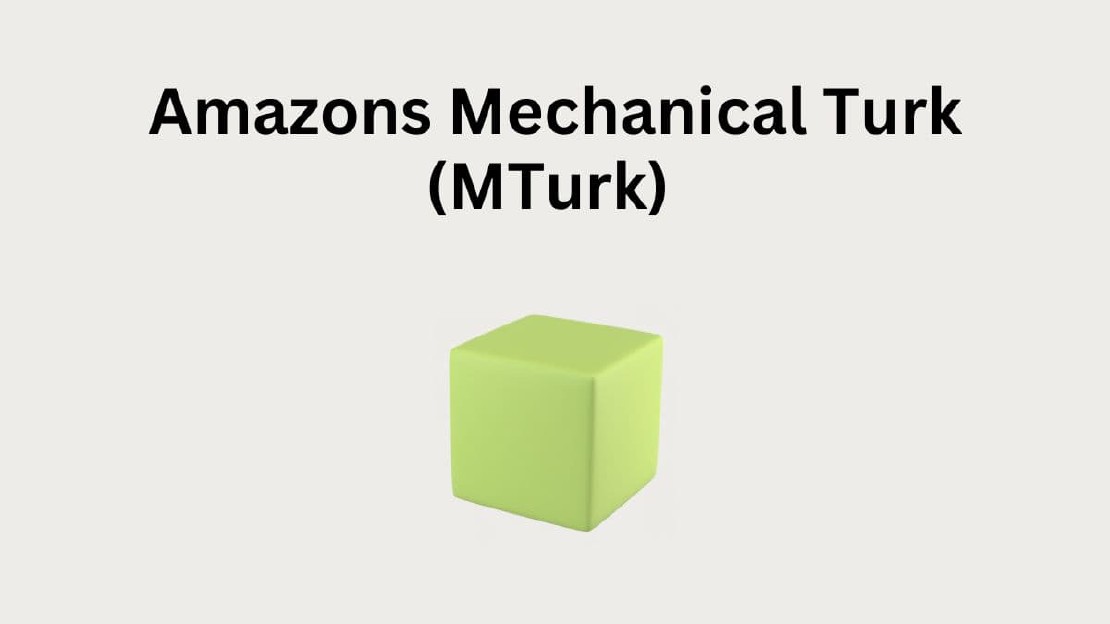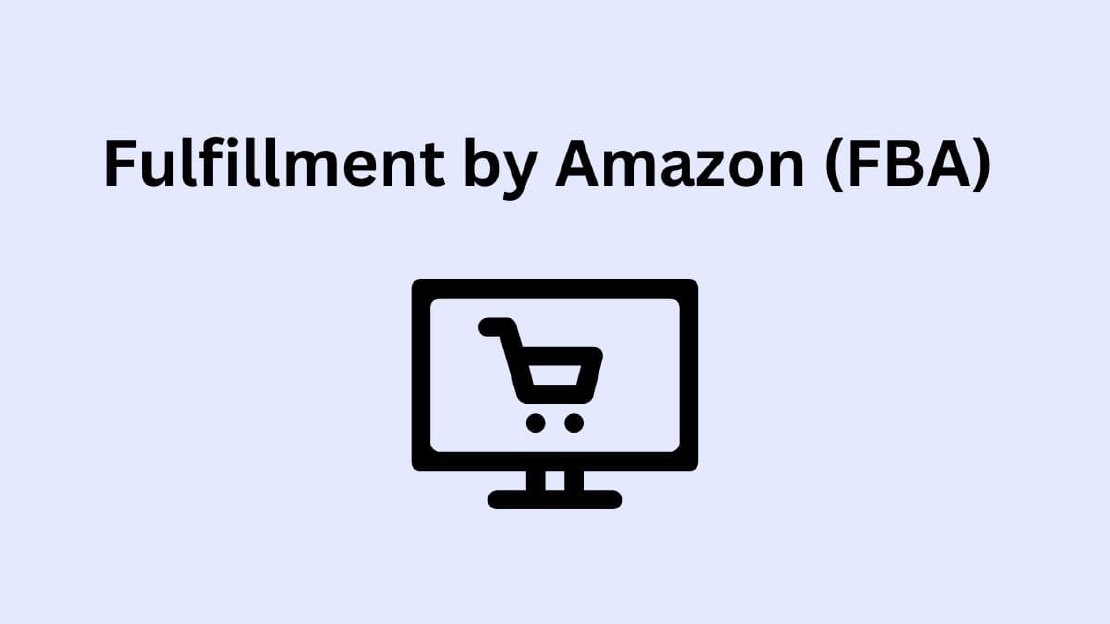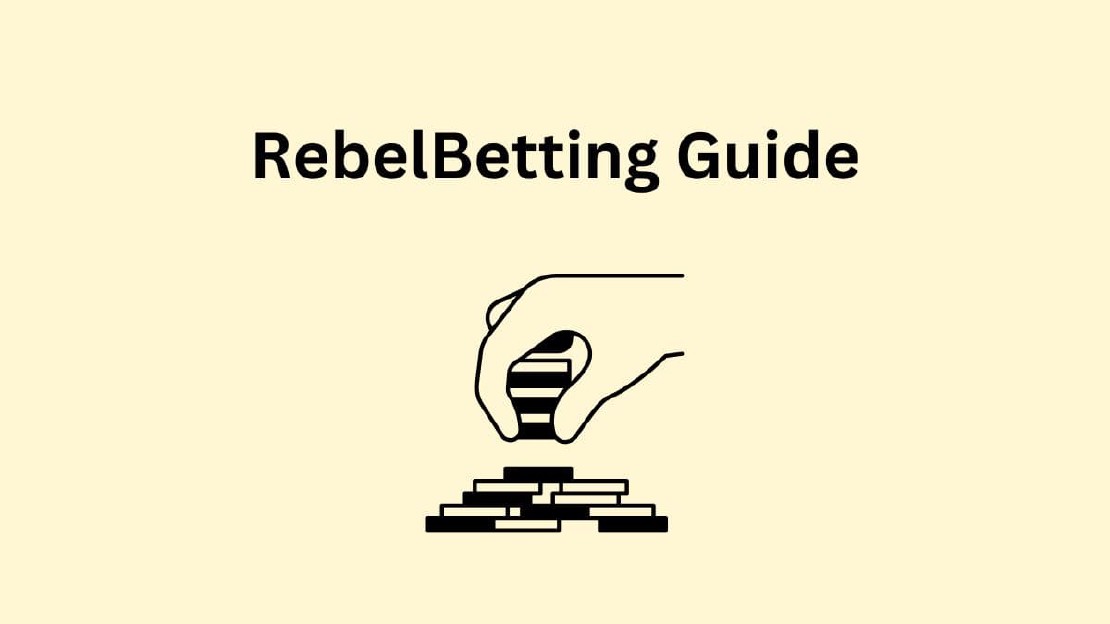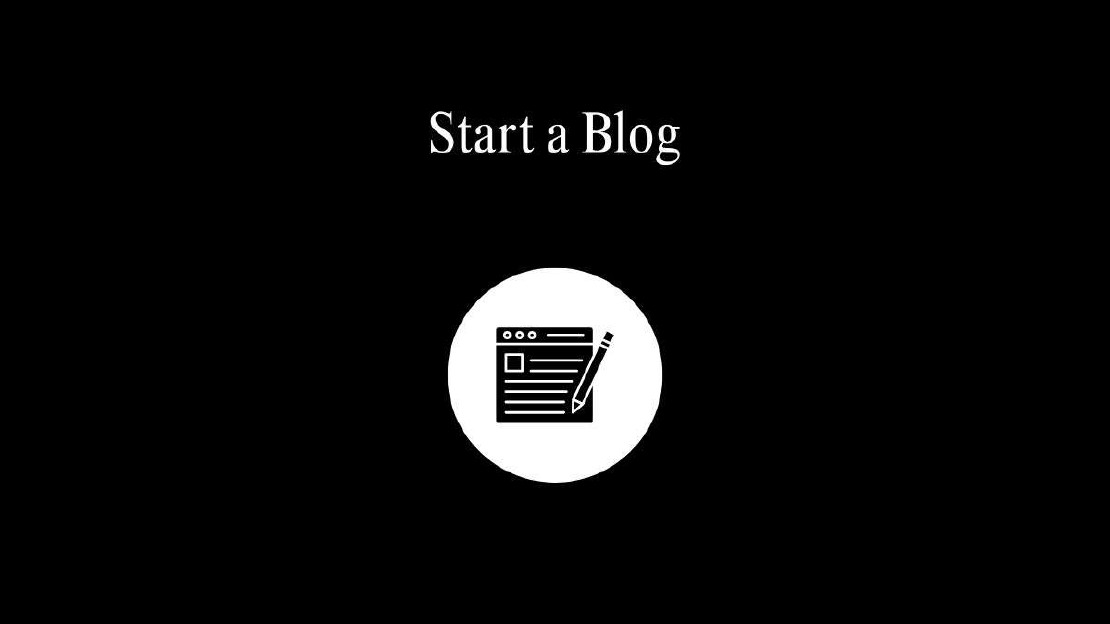How to Start a Blog
In a world driven by digital transformation, starting a blog stands as one of the most influential ways to share knowledge, voice opinions, and build an online presence. Not only does blog development amplify personal expression but also fosters community and drives professional growth. This comprehensive guide is meticulously crafted to provide aspiring bloggers with the necessary tools and insights to start a blog!
Blog Definition:
The term “weblog” was coined in 1997 by Jorn Barger, who used it to describe the act of “logging the web” as he curated links and commentary on his website, Robot Wisdom. However, it was not until the early 2000s that the term “blog” gained widespread popularity, thanks in part to platforms like Blogger and WordPress that made it easier for individuals to create and publish content online.
At its core, a blog is a dynamic platform for publishing content in a chronological format, with the most recent posts appearing at the top of the page. While the traditional blog format typically consists of written articles or entries, modern blogs encompass a wide range of multimedia content, including photos, videos, podcasts, and interactive elements.
Importance of Blogging
Blogs play a multifaceted role in the digital ecosystem, serving as platforms for information dissemination, community building, thought leadership, and creative expression. They empower individuals and organizations to share their stories, amplify their voices, and connect with audiences on a global scale.
The impact of blogs extends far beyond the confines of the digital realm, influencing public discourse, shaping cultural trends, and driving social change. From grassroots movements to mainstream media, blogs have become integral components of the information ecosystem, challenging traditional power structures and democratizing access to knowledge and information.
How to Start a Blog
Starting a blog is an exciting journey that begins with a single step, writing! The beauty of blogging is that it allows you to share your passion, thoughts, and expertise with the world. Don’t worry about being perfect from the start; the most important thing is to get your ideas out there. Focus on choosing a topic that you love, something you can talk about endlessly. Consistency is key, so set small goals, like writing one post a week. Over time, your voice will grow stronger, and your audience will expand.
If you’re looking to make money online blogging, start by building trust with your readers through valuable content, then explore monetization options like affiliate marketing or sponsored posts. Remember, every successful blog starts with just one post. Stay patient, be authentic, and enjoy the process of building something uniquely yours!
1. Research Your Blog Topic
Market research for blogging involves understanding your audience’s preferences, interests, and behavior to create relevant and engaging content. Start by defining your target audiences demographics, interests, and pain points. Utilize tools like Google Analytics, social media insights, and keyword research to gather data on what topics resonate most with your audience. Analyze competitors’ to identify gaps or opportunities.
2. Identify a Niche for Your Blog
What is a Niche? A niche is a specialized segment of the market for a particular kind of product or service. In blogging, it refers to a specific topic or field that you will focus on.
Identifying a niche is crucial because it helps you target a specific audience, making your blog more appealing to those interested in that topic. This focused approach can also improve your blog’s SEO, as search engines favor specialized content.
When selecting a niche, it’s important to choose something you are passionate about, as this will keep you motivated and make your writing more engaging. Additionally, conducting market research to see if there is an audience for your chosen niche is essential. Tools like Google Trends and keyword research can help in this process. Analyzing other blogs in your niche is also beneficial. If the market is too saturated, consider narrowing your focus to a sub-niche.
3. Identify Your Blog Goals
Identifying your blogging goals is a crucial first step in creating a successful blog. Establishing clear objectives helps define your content strategy, marketing efforts, and long-term vision. Whether your goal is to monetize through advertising, affiliate marketing, or selling digital products, knowing your purpose will keep you focused and aligned. For those treating blogging as a business, goals might include building a loyal audience, increasing traffic, or generating sustainable income. With clear goals in place, you can track your progress and make adjustments to grow your blog effectively.
4. Choosing a Blogging Platform
Choosing the right blog platform is essential for long-term success. Start by evaluating your goals, technical skills, and budget. Some platforms offer user-friendly design tools, while others may require more advanced knowledge. Look for features like SEO support, mobile optimization, and customization options. The best blog platforms provide flexibility to grow with your needs, from simple blogging to more complex business integration. A well-chosen platform ensures that your content stands out, engages your audience, and supports your growth over time.
5. Pick a Domain Name and Webhost
Your domain name is your blogs address on the internet. It should be short, memorable, relevant to your niche, and unique to distinguish it from other blogs. When choosing a hosting provider, consider reliability, speed, and customer support. High uptime guarantees that your blog is always accessible, fast loading times improve user experience and SEO, and 24/7 customer service can help you resolve issues quickly.
6. Design Your Theme
A good theme should be responsive, customizable, and SEO-friendly. Responsiveness ensures your blog looks good on all devices, customization allows you to adjust design elements to suit your brand, and SEO optimization helps your content rank higher in search engines.
Plugins add functionality to your blog. Essential ones include Yoast SEO, which helps optimize your content for search engines, Akismet, which protects your blog=site from spam comments, and Google Analytics, which tracks and reports your site traffic.
7. Produce Quality Content
Quality content is the backbone of a successful blog. Understanding your audience is crucial. Knowing who your readers are and what they want to learn allows you to offer solutions to common problems in your niche. Consistent posting keeps your audience engaged and improves SEO. Additionally, using a mix of content types, such as text, images, videos, and infographics, makes your content more engaging.
8. Optimize Blog for SEO
To grow your blog organically, you need to implement blog SEO strategies. This makes it easy for search engines to understand and rank your content. Focus on using targeted keywords naturally, optimizing titles and meta descriptions, and structuring posts with headers and internal links. Don’t forget to compress images for faster loading and ensure your site is mobile-friendly. A well-optimized blog not only attracts more visitors but keeps them engaged.
9. Create a Content Strategy
Understanding your audience is the first step. Tailor your posts to their interests and needs. Consistency is crucial; regular updates keep your readers engaged. Using various formats like videos and infographics can enhance your blog-site. Collaborations and social media promotion expand your reach, making content strategies for bloggers more effective.
10. Promote Your Material
First utilize social media platforms like Facebook, Twitter, Instagram, and Pinterest. Social media marketing is an effective way to promote your content. Engaging with your audience by sharing your blog posts, participating in discussions, and leveraging hashtags can significantly increase your reach.
Second, build an email list. This is one of the most effective ways to keep your audience updated with the latest content. Tools like Mailchimp or ConvertKit can help manage your email marketing campaigns.
Lastly, take advantage of guest posting. Writing guest posts for other blogs in your niche can drive traffic to your blog and improve your SEO through backlinks.
11. Monetize Your Content
If monetizing a blog is your goal, you’ll want a platform that easily integrates with ad networks, e-commerce solutions, and affiliate marketing tools. Blogger, for instance, is Google-owned and integrates seamlessly with AdSense, making it easy to monetize via ads. WordPress.org offers plugins for e-commerce (like WooCommerce) and affiliate marketing. Platforms like Weebly and Squarespace offer e-commerce functionality for those who want to sell products directly from their blog.
12. Analyze and Improve Your Blog
Regularly checking your blogs performance using tools like Google Analytics is essential. Important metrics to monitor include page views, bounce rate, and average session duration. Using the data from your analytics to make informed decisions is crucial. For example, if a particular type of post is performing well, creating more content in that style can help increase your blog success.
13. Scale Your Blog
Scaling your blog means turning it into a sustainable, growing platform. Once you’ve built a solid foundation, expand by creating diverse content, targeting new keywords, and reaching broader audiences through collaborations or guest posts. Consider adding new income streams like digital products or memberships to increase revenue. As your traffic grows, so does your potential to build a thriving business.
14. Outsource and Automate
As your blog gains traction, managing all aspects independently becomes increasingly arduous. By outsourcing tasks and leveraging automation tools, you can effectively allocate your time and concentrate on fostering growth. Here are a few indicators that should prompt you to consider outsourcing: time-consuming tasks, areas of weakness, and automation tools.
Stay in the Loop
The blogging world is constantly evolving. Staying updated with the latest trends and changes in algorithms is important to keep your blog relevant. Following industry leaders, joining blogging communities, and continuously learning new strategies will help you stay ahead.
FAQs
Who are the wealthiest bloggers? To start with, Arianna Huffington, the founder of The Huffington Post, runs one of the highest-earning blogs. Pat Flynn, known for Smart Passive Income, teaches others how to earn money online through his blog. Timothy Sykes, a penny stock trader, makes millions from his educational blog and courses.
Conclusion
Starting a blog is a journey that requires dedication, creativity, and strategic planning. By choosing the right niche, setting up your blog correctly, creating quality content, and implementing effective SEO and monetization strategies, you can build a successful blog that attracts readers and generates income. Remember, consistency is key, and always strive to provide value to your audience.
Recent Posts

- Work From Home
Amazons Mechanical Turk Monetization Tips
Looking for flexible online income? These Amazons Mechanical Turk monetization tips will help you turn small tasks into real earnings. If traditional remote …

- Work From Home
Fulfillment by Amazon Complete Guide
Launching and scaling an online store can feel overwhelming. Managing inventory, shipping products, handling returns—each task demands significant time and …

- Side Hustles
RebelBetting Complete Guide
In recent years, sports betting has transitioned from casual entertainment into a serious income opportunity for savvy bettors. However, consistently beating …
